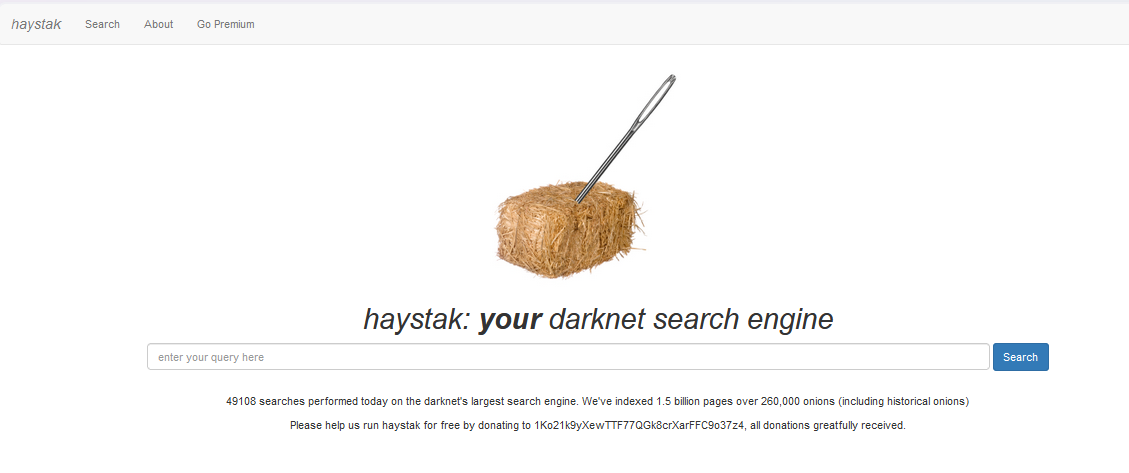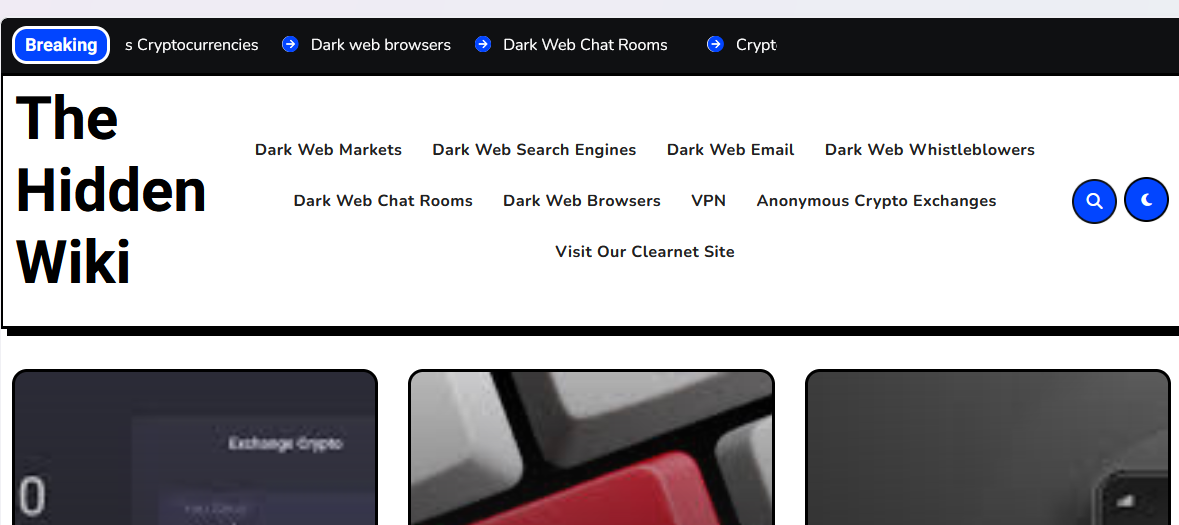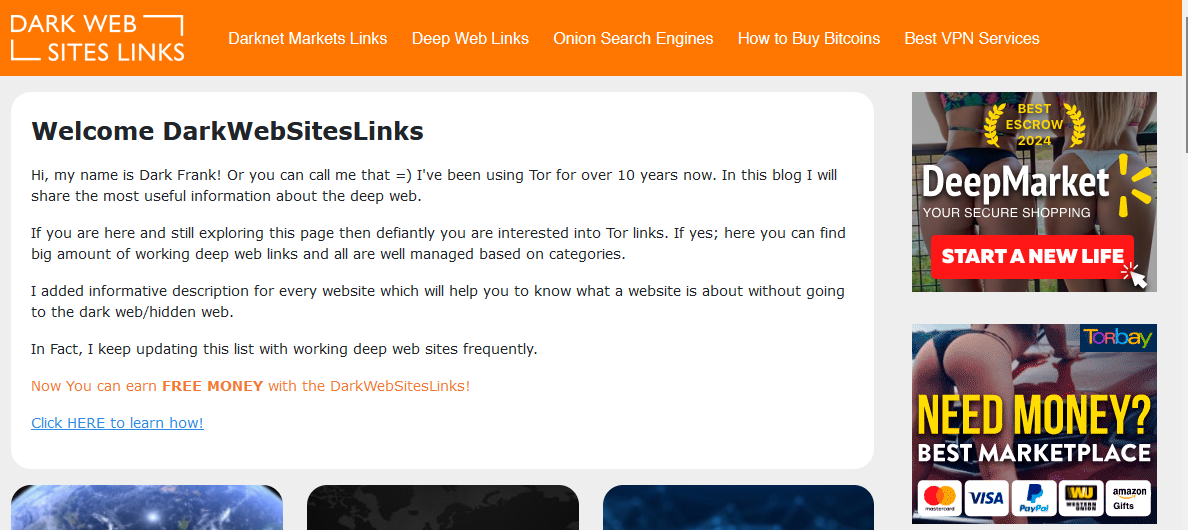The Deep Web Wiki is an innovative and emerging hidden wiki hosted on the dark web. Unlike the surface web, which is readily accessible to anyone with an internet connection, the dark web requires specialized software, such as Tor, to access its hidden services.
The primary purpose of the Deep Web Wiki is to offer a centralized repository of links and resources that can guide users to various types of hidden services. This includes everything from forums, marketplaces, and communication platforms to more niche content such as research databases and privacy tools.
The dark web, by its very nature, is a place that thrives on anonymity and secrecy, which can make finding reliable information a daunting task. The Deep Web Wiki helps mitigate this challenge by providing verified and up-to-date links to trusted dark web services. This not only enhances user experience but also promotes safer browsing practices within the dark web community.
Overall, the Deep Web Wiki stands as a vital tool for anyone looking to explore the dark web’s hidden treasures.
Darknet Markets: Navigating the Underground Economy
Darknet markets, often cataloged on the Deep Web Wiki, are online platforms facilitating the exchange of illicit goods and services. These markets operate within the hidden layers of the internet, commonly referred to as the deep web or dark web.
The allure of darknet markets lies in their extensive range of offerings. Users can find a broad spectrum of products, from mundane items to highly illegal commodities.
Some of the most renowned darknet markets featured on the Deep Web Wiki include Emarket, Rent A Hacker. These platforms have garnered notoriety not only for their vast inventories but also for their eventual takedowns by law enforcement agencies worldwide.
Understanding how these markets operate necessitates a grasp of both their technological underpinnings and the legal landscape. Cryptocurrencies play a crucial role, offering pseudonymous transactions that are harder to trace compared to traditional financial systems. Similarly, the use of Tor and other anonymizing tools is fundamental in maintaining the secrecy and security of users.
Whistleblower Sites: A Safe Haven for Leaks | Deep Web Wiki
One of the most prominent whistleblower sites listed on the Deep Web Wiki is WikiLeaks. Established in 2006, WikiLeaks has published millions of documents that reveal government and corporate misconduct. Notable leaks facilitated by WikiLeaks include the Iraq War Logs, the Afghan War Diary, and the diplomatic cables known as Cablegate. These disclosures have had profound impacts on public perception and policy, showcasing the power and significance of whistleblower platforms.

Another key site cataloged by the Deep Web Wiki is SecureDrop. By employing state-of-the-art encryption techniques, SecureDrop ensures that the identities of whistleblowers remain confidential. Major news organizations, including The Guardian and The New York Times, have adopted SecureDrop, underscoring its credibility and importance in the journalistic community.
Anonymity and encryption are paramount in safeguarding whistleblowers. The Deep Web Wiki places a strong emphasis on these aspects, guiding users on how to protect their identities and data. These measures are not just technical necessities; they are vital shields against potential threats and reprisals.
By providing access to a curated list of whistleblower sites, the Deep Web Wiki plays an indispensable role in promoting transparency and accountability.
Darknet Search Engines and Other Resources
Navigating the dark web can be a daunting task due to its inherently unstructured nature. And this is where darknet search engines come into play. Unlike traditional search engines such as Google or Bing, darknet search engines are specifically designed to index .onion sites, making them essential tools for anyone attempting to explore the depths of the dark web. Engines like DuckDuckGo’s dark web version, Ahmia, and Not Evil provide a starting point, allowing users to search for hidden services without the typical tracking and data collection associated with surface web search engines.
The Deep Web Wiki serves as a comprehensive directory of these darknet search engines, among other invaluable resources. It lists a variety of search engines, each with unique features tailored to different needs. Not Evil, on the other hand, emphasizes privacy, refraining from logging user activities. Users must exercise caution, ensuring they do not engage in or inadvertently support illegal activities.











Great site. A lot of useful information here. I?¦m sending it to several buddies ans also sharing in delicious. And obviously, thank you to your sweat!
Wonderful beat ! I wish to apprentice whilst you amend your web site, how could i subscribe for a blog site? The account helped me a applicable deal. I have been a little bit familiar of this your broadcast offered shiny transparent idea